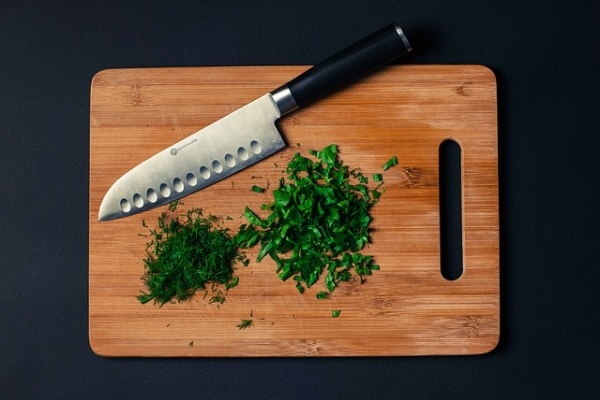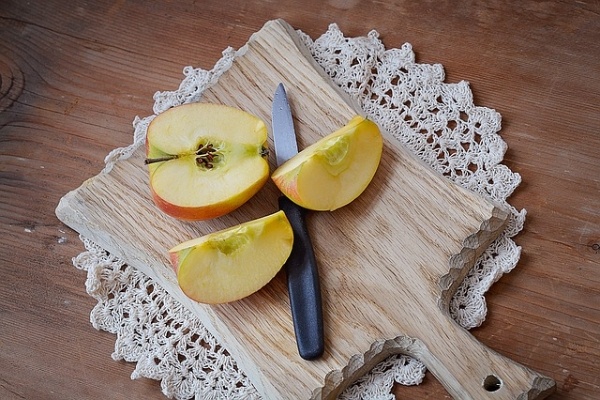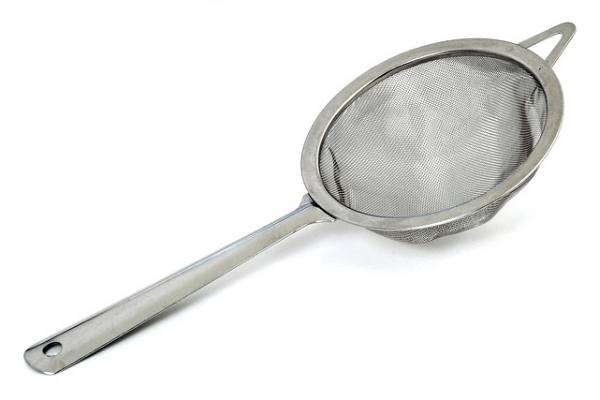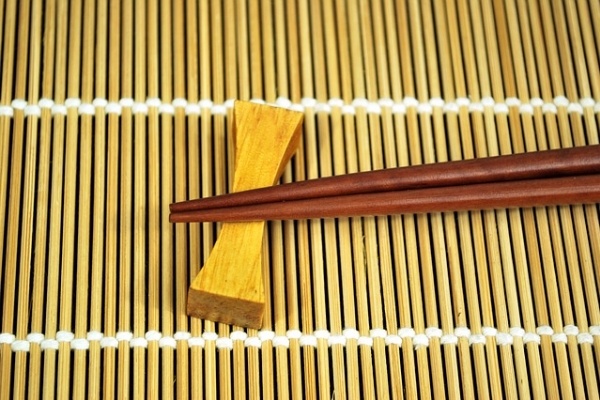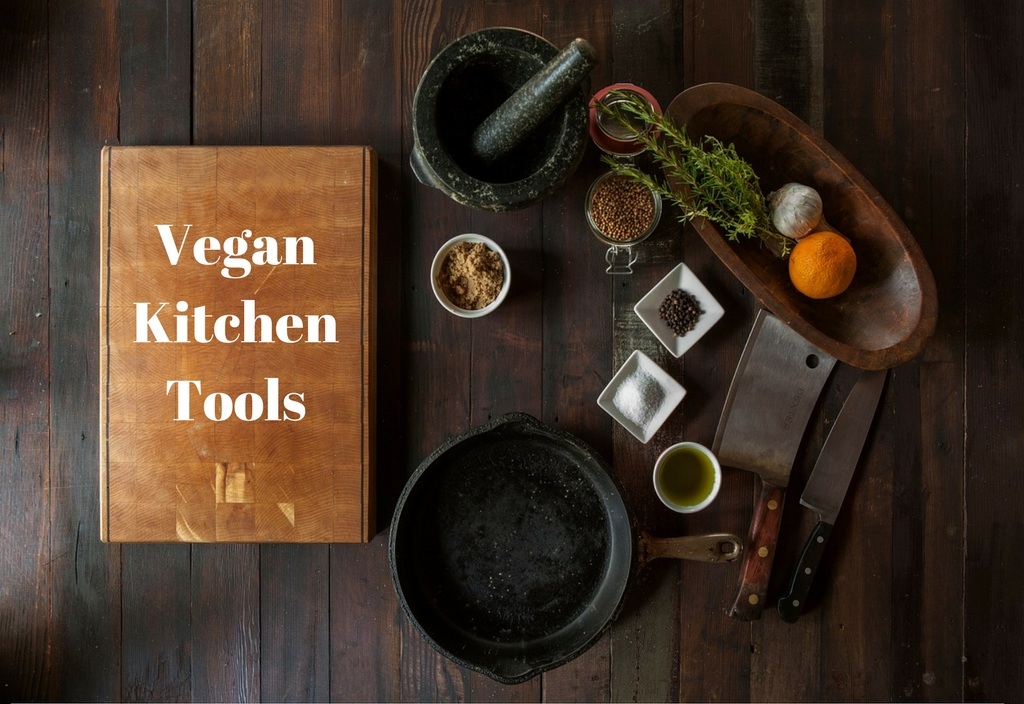
What tools are most useful in a vegan kitchen? In many ways, the vegan kitchen’s toolkit doesn’t look all that different from that of a meat eater or vegetarian, but there are some differences. This list covers a few of the most essential, but remember that the way you cook can influence the tools you need.
Whether you’re a raw vegan or a devotee of Indian vegan cuisine, personal preferences are an important consideration. However, even if you are committed to a specific way of eating a vegan diet, chances are that you’ll need a good number of the tools on this list.
A Note on Specialty Fruit and Vegetable Tools
Page Contents:
There are a lot of specially designed tools to use for preparing fruits and vegetables. From strawberry hullers and cherry pitters to avocado slicers and herb choppers, these tools can seem promising. In reality, though, there’s no fruit or vegetable prep job that can’t be done by the knives on this list. Feel free to experiment with these tools if you have a curious mind and the money to spare, but don’t be fooled into thinking they’re the only way to do the job they advertise.
Pots and Pans
Vegans can use the same stock pots, saucepans, frying pans and griddles as any other chef. Some vegans may prefer cooking with cast iron pots and pans, which actually add a safe amount of iron to everything you cook in them.
Mixing & Prep Bowls
A good set of graduated mixing bowls is a must-have in the vegan kitchen. From soaking dried beans to arranging chopped ingredients for a stir fry, these tools will come in handy on a regular basis.
Baking Dishes
Cookie sheets, muffin tins, cake pans and other baking dishes can be useful for a variety of different vegan cooking applications. Even if you don’t eat any sweets, you can still use cookie sheets for roasting vegetables, muffin tins for creating small unsweetened fruit tarts with whole grain crust, cake pans for freezing fresh berries, etc.
Silicone Spatulas
Silicone spatulas are an excellent addition to any kitchen; they scrape liquid off the side of bowls and pans with nearly perfect accuracy, are easy to clean, last a long time and can be useful over heat. In short, they’re versatile. Their only drawback is that silicone absorbs flavors like garlic and spice really easily, so if you plan to use yours for cooking savory foods, you should get another one to use just for baking.
Tongs
A good pair of tongs can be useful in myriad different ways in the kitchen. Snatching beets out of a boiling pot or turning portobello mushroom steaks on a grill pan is simple and easy with tongs.
Turners & Spoons
Standard cooking tools like turner spatulas and spoons are also a must for vegans. A word of caution; if you’re using nonstick, ceramic, cast iron or other delicate cookware, go for plastic, bamboo, wood or silicone tools to avoid damaging your cookware.
Whisk
A sturdy whisk is great for bringing sauces together or adding an airy texture to baking recipes. Whisks can even be used to whip coconut cream into a vegan-friendly whipped cream.
Serving Utensils
Cake servers, soup ladles, salad tongs and serving forks are all useful additions to the vegan kitchen. In many cases, these tools are useful not only for serving but can also make themselves useful for some cooking and food prep applications as well.
Mashers, Cutters & Ricers
Texture is one of the most important elements of successful vegan cooking, and tools like potato mashers, pastry cutters and potato ricers can be important for getting the right consistency in your ingredients. If you like making your own tomato sauce, you may also want to look into getting a food mill, which will break down skin and seeds to form a uniform consistency.
Chef’s Knife
A good chef’s knife is the foundation of any kitchen. Your chef’s knife should have a comfortable grip and be made of a high-quality steel riveted into a wooden or high-grade plastic handle. This knife will be your go-to for everything from chopping carrots to chiffonading basil leaves and butchering big produce items like watermelons and squash.
Paring Knife
Large chef’s knives aren’t equal to delicate tasks like hulling strawberries, removing the seeds from hot peppers or peeling the skin off an orange, and that’s where paring knives come in. These small knives are perfect for handheld tasks that call for dexterity rather than repeated chopping.
Serrated Knife
Also known as bread knives, serrated knives are indeed useful for slicing bread, but they can also be the perfect tool for creating thin slices of delicate fruits and veggies. Tomatoes are the perfect example of a vegan-friendly food that’s the perfect match for a serrated knife; anything that’s harder on the outside than the inside will get smushed by most other knives, making the “bread knife” the perfect cutting tool.
Kitchen Shears
Having a special food-only pair of shears is useful for everything from trimming off tough ends from Swiss chard stalks to finely mincing chives over a fresh cauliflower soup.
Knife Storage
Very few people end up making regular use of each and every knife in a set that includes five or more knives, so don’t fall into that trap. Instead, buy the knives listed above and get a universal knife block, knife drawer separator or magnetic knife strip for storage. Whatever storage method you choose, just don’t put them loose in a drawer. That’s not only dangerous for you and everyone in your house but also potentially damaging to the knives themselves.
Honing Steel & Knife Sharpener
Honing steels are not the same as knife sharpeners. Each has their own important task; the honing steel helps keep the blade straight and pointy, and the sharpener helps keep that point fine and sharp. You’ll need both tools to keep your knives in their best shape.
Cutting Board
Glass and other hard-surface cutting boards are best for decoration only because they dull knife blades. It’s best to stick with soft materials like plastic or wood for cutting boards. Vegans have a great advantage in this area because they don’t need to worry about the transfer of harmful bacteria during food prep. This means that, unlike meat eaters, vegans can use beautiful wood or bamboo cutting boards for all their food prep needs. Bamboo and wood are porous, which is why they aren’t suitable for cutting meat, but flavor transfer and rancidity can be a concern, so do your research carefully on this and be sure to wash and treat the board properly if you opt for wood or bamboo.
Microplane
Microplanes are excellent for finely grating everything from lemon zest to nutmeg, making them a fantastic addition to the vegan kitchen toolbox.
Box Grater
Though they’re known as cheese graters, these handy kitchen tools can do so much more. They’ll make quick work of anything you want to shred, be it apple, potato, beet, carrot or zucchini.
Peeler
A standard vegetable peeler and even an additional, wider potato peeler are must-haves for vegan kitchens. Aside from peeling the exterior skin off of potatoes and carrots (which some vegans choose to leave on due to their additional nutrient content), peelers can be useful for shaving off strips of garlic for pickling or peeling citrus skin to create twists for cocktails.
Mallet
A sturdy rubber mallet is a great addition to a serious vegan kitchen. You can use it to gently tap your chef’s knife through a tough squash or bust open walnuts in their shells.
Salad Spinner
Salad spinners aren’t just for washing lettuce. From sandy fresh-picked spinach to muddy leeks, this kitchen tool is a must-have for veggie lovers. You can use the bowl of the salad spinner to soak dirty produce, then spin it clean.
Silicone Vegetable Steamer
Silicone is really a modern kitchen marvel, and it makes for a safer alternative to classic metal steamer baskets, though it does get hot to the touch when it’s in a pot of boiling water. You can use your silicone vegetable steamer for everything from tempeh to asparagus.
Roasting Pan
Though roasting pans are usually used to cook meat, vegans can use them too. Pumpkins, squash, cauliflower heads and more are all great candidates for cooking in a roasting pan.
Fine Mesh Strainer
A fine mesh strainer is a great investment for vegans; you can use it to strain most of the particulate contents out of homemade mushroom or vegetable stock or remove seeds from a berry smoothie. It’s also great for creating seed and pulp-free lemon, lime or orange juice for drinks or recipes.
Colander
Colanders are useful for everything from rinsing fruit, draining pasta and leaving freshly made tofu to strain.
Cheesecloth
When you really need to carefully strain every bit of particulate matter from something, cheesecloth is a real lifesaver. Use it to line your colander for meticulous straining needs.
Tofu Press
Even extra-firm tofu can be a bit too waterlogged and delicate for some vegan chefs. If you’ve been stymied by tofu that crumbles in the pan before you can even stir fry it, try a tofu press. Pressing the tofu makes it firmer and more likely to hold together for grilling, baking or stir frying success.
Specialty Slicers
Mandolines and spiralizers are two fantastic tools for serious vegan chefs. Mandolines can create paper-thin slices of everything from eggplant to limes, and spiralizers can help you turn sturdy root vegetables or summer squash into noodle-like strips.
Mortar and Pestle
Making your own spice blends or mashing up some authentic guacamole is simple when you have one of these old-school tool combos on hand.
Can Opener
Canned beans are a great convenience item for vegans, but you’ll need something to open them with. A simple can opener will do the job.
Storage Jars in Various Sizes
From making a small batch of refrigerator pickles to fermenting your own sauerkraut or infusing vinegars and oils, having a reliable collection of storage jars opens up a lot of culinary possibilities for vegans.
Parchment Paper
If you’ve never used parchment paper to line a cookie sheet, give it a try. Whether you’re baking cookies or roasting root vegetables, parchment paper makes the cleanup process a breeze and prevents sticking without messing with the cooking time the way aluminum foil can.
Kabob Skewers
Fresh fruit or grilled vegetable kabobs are a fun way to add variety and show off the natural beauty of the vegan diet. Bamboo or metal kabob skewers make it possible. If using bamboo, be sure to soak them before cooking to avoid burning.
Garlic Roaster
While you can always roast garlic cloves in a foil packet, roasted garlic is so delicious that you may as well invest in a special garlic roaster. That way, you’ll always have a supply to use for recipes or spread directly on a piece of toast with some olive oil and balsamic vinegar.
Makisu (Sushi Mat)
Though vegans can’t eat traditional seafood sushi, there are still plenty of great sushi options for vegans to try, including veggie rolls, eggplant nigiri and handrolls with tofu and sprouts. The rice and seaweed that characterize sushi are both vegan, so why not? A sushi mat, known in Japanese as a makisu, is a flat bamboo mat that makes it easy to create tight sushi rolls.

